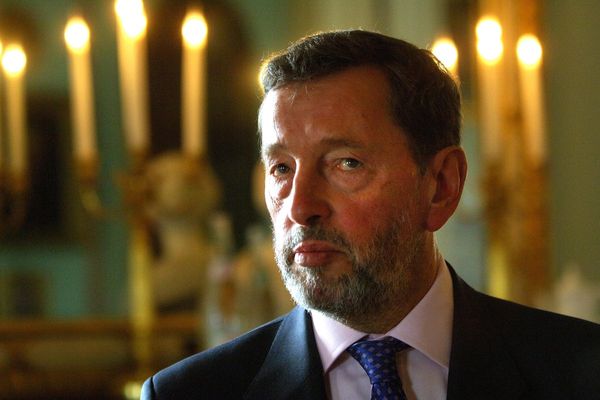
Labor will aim to focus on health policy in Liberal-held marginal seats as the opposition aims for a campaign reset.
Opposition Leader Anthony Albanese will start day three of the campaign in Melbourne, where he will outline a trial of 50 urgent care clinics across the country, in order to offer an alternative from busy hospital emergency departments.
The clinics will treat patients needing urgent care from health care workers including for broken bones, minor burns and stitches for cuts – in a bid to free up clogged emergency departments.
They will be based at GP surgeries and community health centres nationwide, and will cost more than $135 million over four years.
Mr Albanese said families would be able to get the care they need without long wait times.
“These clinics are a key part of Labor’s plan to strengthen Medicare by making it easier to see a doctor,” he said.
“Medicare Urgent Care Clinics will take the pressure off emergency departments, so they can concentrate on saving lives.”
Labor’s health spokesman Mark Butler said the clinics would sit as a tier of care between a GP clinic and life-saving treatment at the emergency department.
“GPs around the country and community health centres have been trying to make this sort of model work, but it simply can;t stack up financially under the existing Medicare system,” he told ABC Radio on Wednesday.
“If we are going to to get this intermediate level of care, the urgent care between general practice and hospital care, you are going to need additional funding.”
Meanwhile, Labor says it no longer plans to review the JobSeeker rate and potentially raise it above the current rate of $46 per day.
The move from the opposition, has drawn criticism from social services groups and the Greens, who have been advocating for a rise in unemployment benefits.
The government increased JobSeeeker by $50 a fortnight in April last year.
Mr Butler said Labor had taken a policy to raise JobSeeker to the 2019 election, but told ABC Radio they had a more “focused agenda” in the lead up to this year’s poll.
“We argued very strongly through the course of the pandemic that the increase that temporarily was made to JobSeeker should be made permanent,” he said.
“The pressure that Labor put on the government was a very big part of the reason why the government didn’t cut the JobSeeker rate back to $40 a day.”







